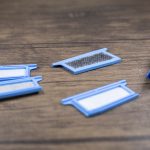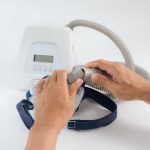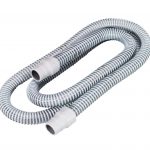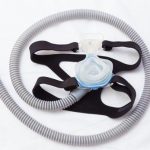CPAP 101: CPAP Skin Care Tips to Reduce Irritation
Posted by Remologie Staff
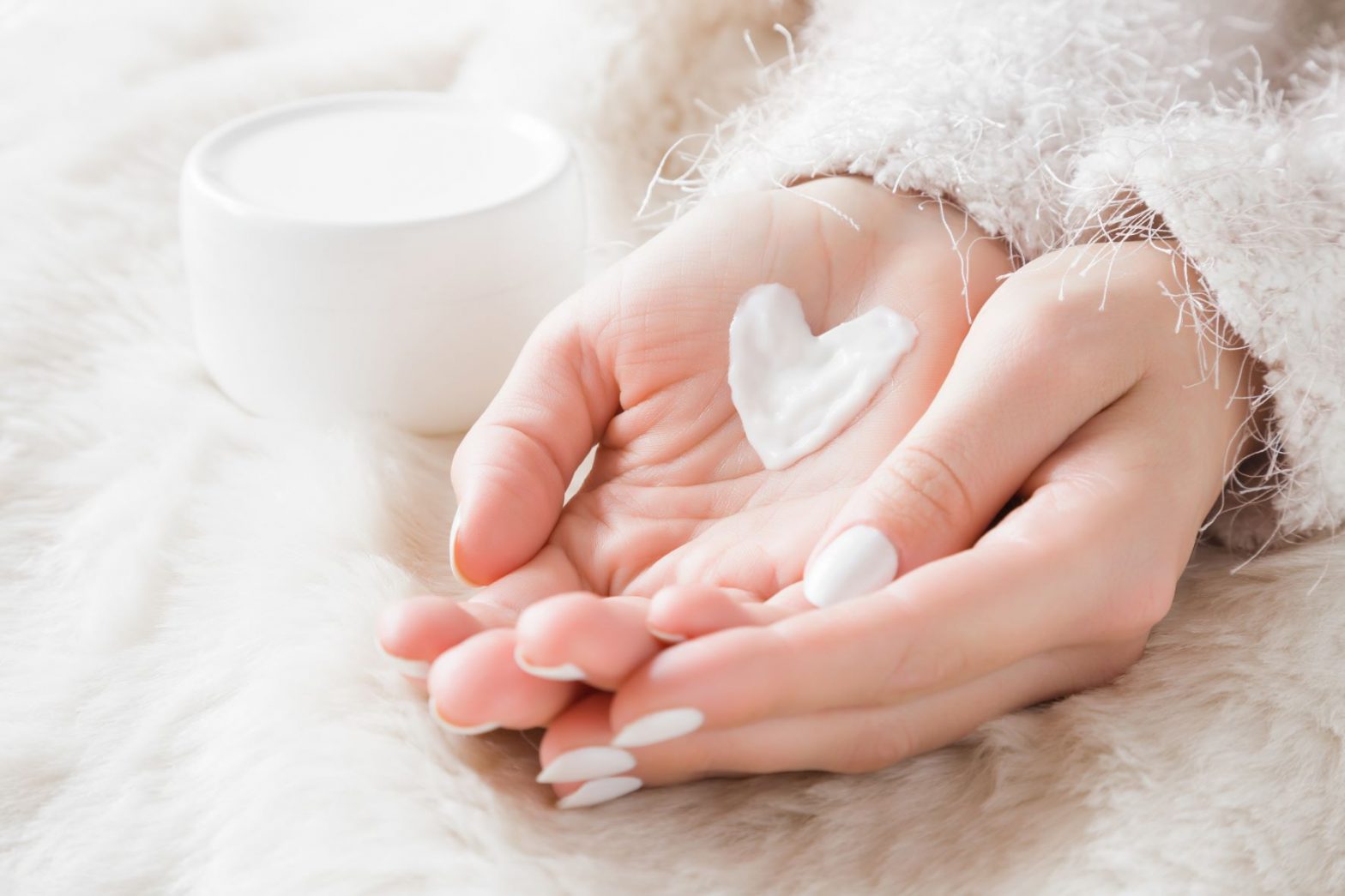
A CPAP machine is the leading method of treatment for potentially serious nighttime breathing disorders such as sleep apnea. When a person suffers from sleep apnea, the muscles in the back of their throat relax too much and restrict the airway, causing the individual to experience stops and starts in breathing.
A person that has been diagnosed with sleep apnea can get relief with a CPAP device that delivers consistent air pressure through a mask. This flow of air allows the airway to remain open throughout the night.
The use of a CPAP has been proven to increase the health and longevity of those that suffer from sleep apnea or other breathing problems. While loud snoring is a common sign of sleep apnea, the condition can cause much more serious health issues if left untreated.
Cardiovascular disease, stroke, and Type 2 diabetes are just a few concerns. A CPAP will help to reduce the risk of developing these conditions, as well as provide uninterrupted sleep. It can keep blood oxygen levels where they should be, reduce high blood pressures, and allow the patient to have a better quality of life, free from extreme tiredness and a sluggish memory.
The benefits of a CPAP machine are numerous, but its use does come with the risk of skin irritation from the mask. However, your skin doesn’t need to suffer any consequences just so you can get a good night’s sleep. With proper use and care, you can comfortably wear your CPAP with no ill effects.
What Causes Skin Irritation and Problems in CPAP Use?
The most common causes of irritated skin caused by CPAP masks are poor hygiene, ill-fitting equipment, or allergies to the materials used in the mask. Since this device is something that you wear all night, every night, it’s essential that you clean it thoroughly and make sure your mask is the correct size.
Bacteria and other harmful microorganisms can live on the surface of the CPAP mask and within the tubing when it is not cleaned often. You must wash your equipment with gentle soap and water, or use wipes specially made for use with the machine. Avoid any harsh cleaners or products such as bleach, alcohol, and vinegar. They can dry out the mask and cause the surface to break down, providing an even more appealing breeding ground for bacteria.
The second source of irritation is the size and fit of your mask. When a mask is too large or too small, it can rub against the skin, causing irritation or pain. Chafing can even be caused by a dirty mask or oily skin. Straps that are too tight may also apply excess pressure and cause red marks and discomfort.
Allergies can also be the culprit of skin discomfort. The mask cushion is generally made of silicon. This material is well-tolerated by most, but it is possible to have an allergy.
Most skin issues caused by a CPAP are minor annoyances, but they can become painful if not addressed. You may notice redness or markings around the mask and straps, or even sores, blisters, acne and blemishes, or a rash.
CPAP Skin Care Routine Steps to Improve Irritation
The good news is that there are simple measures you can take to eliminate skin irritation:
- Clean your mask each day and wash your headgear at least once per week.
- Wash your face each night before putting on your CPAP.
- Avoid using lotions that may contribute to an ill-fitting mask or skin abrasion.
- If you have facial hair, ask your sleep therapist if a nasal mask will work better for you.
- Order the correct size mask and adjust the straps to fit comfortably.
- Check for air leaks around your mask. Apply a gel seal around the cushion if needed.
- Get allergy tested if you suspect you have a skin allergy to silicon or other materials used in your CPAP treatment.
- Use a cloth liner if you are sensitive to the silicon cushion.
- Try a gel pad on the nose to reduce rubbing and pressure and get a more comfortable fit.
- Use a specially formulated therapy cream underneath the liner to increase skin moisture and alleviate discomfort.
- Run a humidifier to help skin and throat irritation and keep your mask materials from drying out.
Examine your CPAP regularly to ensure that all parts are in good condition. If you notice any cracks, stiffness, discoloration, or wear, it is time to replace the piece, visit us at our e-store to order new products when you notice it is time to replace! When you take care of your CPAP, you can eliminate any problems that show up on your skin and focus on getting a quality night’s sleep.




